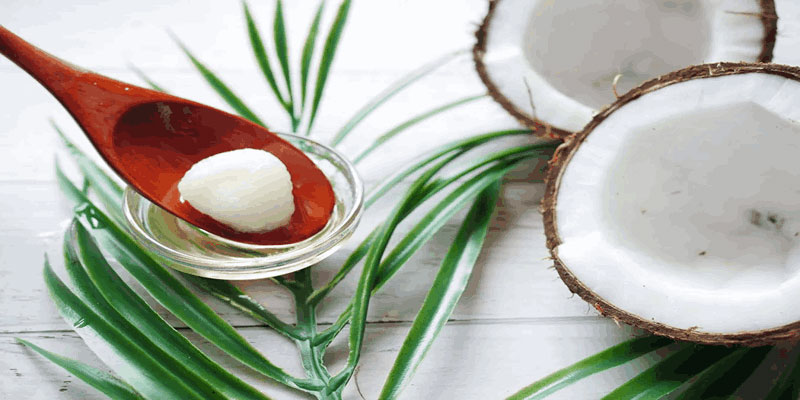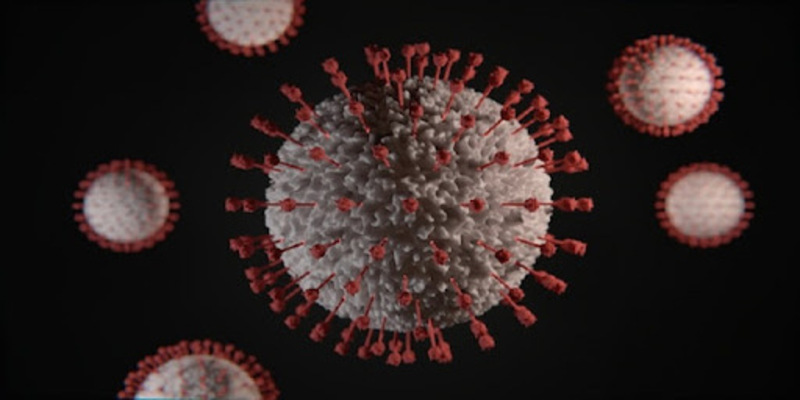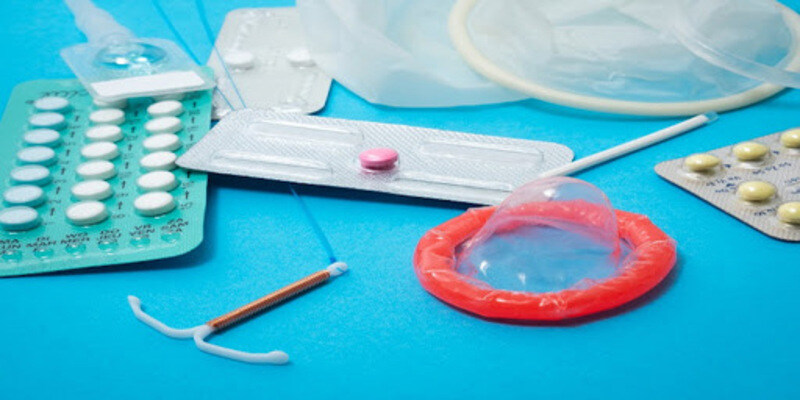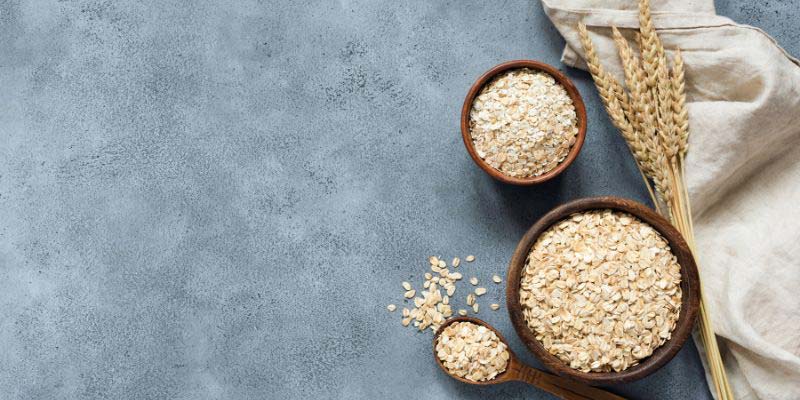Are you tired of dealing with blemishes, discolorations, and breakouts on your skin? You’re not alone! Skin problems like acne are among the top health concerns worldwide in adults and teens. Thankfully, you can take some simple steps to get glowing and clear skin - without expensive treatments or harsh chemicals.
In this blog post, we'll discuss developing a practical skincare routine that will help keep your complexion healthy and beautiful for years. Read on to learn more about effective ways to improve the condition of your complexion today!
General skin care tips
To get clear skin and maintain a healthy complexion, start with these general tips:
- Wash your face twice daily with a gentle cleanser to remove dirt, oil, makeup, and otherurities.
- Use non-comedogenic moisturizers that won’t clog your pores.
- Avoid picking or squeezing pimples as it can lead to scarring and infection.
- Try using an acne spot treatment on active blemishes, but avoid putting harsh chemicals all over your face.
- Wear sunscreen every day to protect your skin from sun damage.
- Eat a healthy diet of fresh fruits and vegetables for glowing skin.
- Avoid smoking and limit your alcohol intake as they can cause premature aging.
- Stay hydrated by drinking plenty of water throughout the day.
Tips for people with oily skin
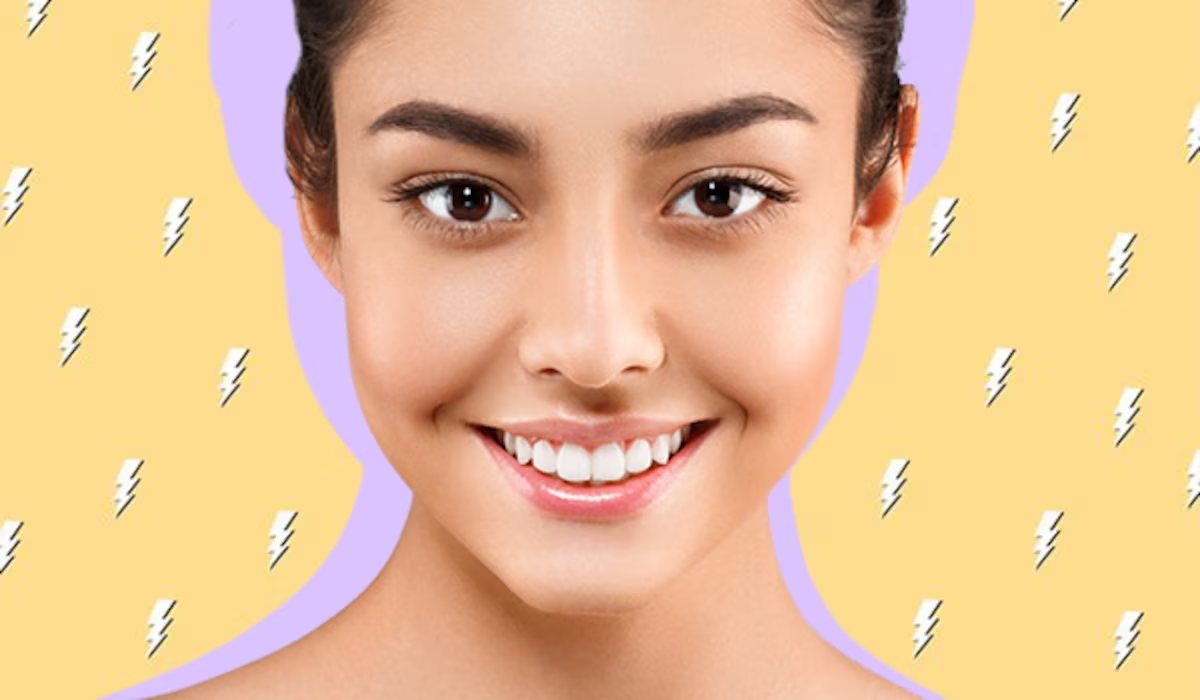
You might be more likely to develop acne and experience breakouts if you have oily skin. Oily skin produces an excess of sebum, which can cause it to appear shiny. Here are some general tips for managing oily skin:
Use an oil-free cleanser
An oil-free cleanser helps keep your skin clean and clear by removing the excess oils that can cause breakouts. Ensure to use lukewarm water when washing, as hot water can worsen oily skin.
Exfoliation
Regular exfoliation is essential for keeping your skin clear and healthy. This helps remove dead skin cells, which can clog pores and lead to breakouts. You can use physical exfoliants such as facial scrubs or chemical exfoliants like alpha hydroxy acids (AHAs).
Moisturize
Although it may seem counterintuitive, people with oily skin need to moisturize regularly. Oil-free moisturizers can help keep your skin balanced, hydrated, and softer.
Avoid Touching Your Face
Touching your face often transfers dirt and bacteria from your hands to your skin, which can lead to breakouts. Try to avoid touching your face throughout the day as much as possible.
Sun Protection
Proper sun protection is essential for healthy skin, regardless of skin type, for an oil-free sunscreen with an SPF of at least 30. Apply sunscreen daily, even if it’s just going outside for a few minutes.
See a Dermatologist
If you have tried all these steps and still aren’t seeing the clear skin you desire, it may be time to see a dermatologist. They can provide additional tips and treatments that may help get your skin back on track.
Tips for people with combination skin

Individuals with combination skin must address both dry areas and oily zones, including the T-zone. The T-zone is the oily area from above the brows down to the chin, forming a T-shape.
Consider using two facial cleansers
Using two separate cleansers on your face (one for dry areas and one for oilier parts) can effectively treat combination skin. For example, use a gentle, hydrating cleanser for dry areas such as the cheeks and an oil-control cleanser with salicylic acid or benzoyl peroxide to effectively treat the T-zone.
Avoid astringent products
Astringents are powerful and can often strip away too much of the natural oils on your skin, resulting in dryness and irritation. Therefore, avoiding harsh astringents or toners that may aggravate combination skin is important.
Tips for people with dry skin
When your skin is dry, it naturally produces less oil, making it look not very interesting. Even if you have dry skin, you might still experience acne. This can happen if you use a moisturizer that's not right for you or too much oil on your face to make up for your skin's dryness. Here are a few things you can do to take care of your dry skin:
Find a gentle moisturizer:
Finding the right moisturizer can be tricky. Look for something specially formulated for your skin type and as natural as possible. Avoid products with added fragrances, which can irritate dry skin. Also, look for a SPF moisturizer to protect your skin from the sun's UV rays.
Cleanse your skin gently:
Gently wash your face in the morning and night using warm water and a mild, oil-free cleanser. Don't scrub your face too hard or use harsh exfoliants that can strip away natural oils. Instead, gently exfoliate with a soft washcloth or an enzyme facial mask to remove dead skin cells.
Use oil-free products:
When choosing skin care products, look for ones labeled "oil-free" or "incomeogenic." These products won't clog your pores and help keep your skin hydrated.
Additional tips for clearer skin
If you’re looking to get clear skin, there are a few more steps you can take:
- Use an exfoliating face scrub 1 to 2–3 times a week to remove dead skin cells.
- Try using micellar water as an alternative to regular cleansers if your skin tends to be sensitive.
- Avoid touching your face with dirty hands as this can spread bacteria and lead to breakouts.
- Keep stress levels low, as high levels of stress can lead to skin breakouts.
- Eat a healthy, balanced diet and drink plenty of water to keep your skin hydrated.
FAQs
Does ice help acne?
Although ice alone may not completely cure a pimple, it can help reduce swelling and redness, thus making the pimple less visible. Additionally, ice has a numbing effect, which provides temporary relief from the pain caused by severely inflamed pimples.
Why is my skin not clear?
Excess dead skin cells on your skin can cause clogged pores and lead to breakouts. It can also make your skin appear dull, flaky, or appear aged. To remove dry and dead skin, try using a 2 percent salicylic acid mask as an exfoliation method.
Why is my face getting darker?
Hyperpigmentation can be caused by skin inflammation (also known as post-inflammatory hyperpigmentation), certain medications (such as minocycline, certain cancer treatments, and birth control pills), and hormone system diseases like Addison's disease.
How to take care of your skin in Islam?
Muslims perform an ablution called Wudu which involves washing specific body parts and areas between fingers and toes with clean water. It is known that Prophet Muhammad (pbuh) washed his hands and faced once during Wudu, although sometimes he repeated the process twice or thrice.
Conclusion
In Conclusion, getting clear skin is a process that requires commitment and consistency. Following the above steps can help you achieve healthier, clearer skin. However, it’s important to remember that everyone’s skin is different, so you should tailor your approach accordingly and seek professional advice. With the right knowledge, products, and habits, you can quickly achieve beautiful, clear skin!

